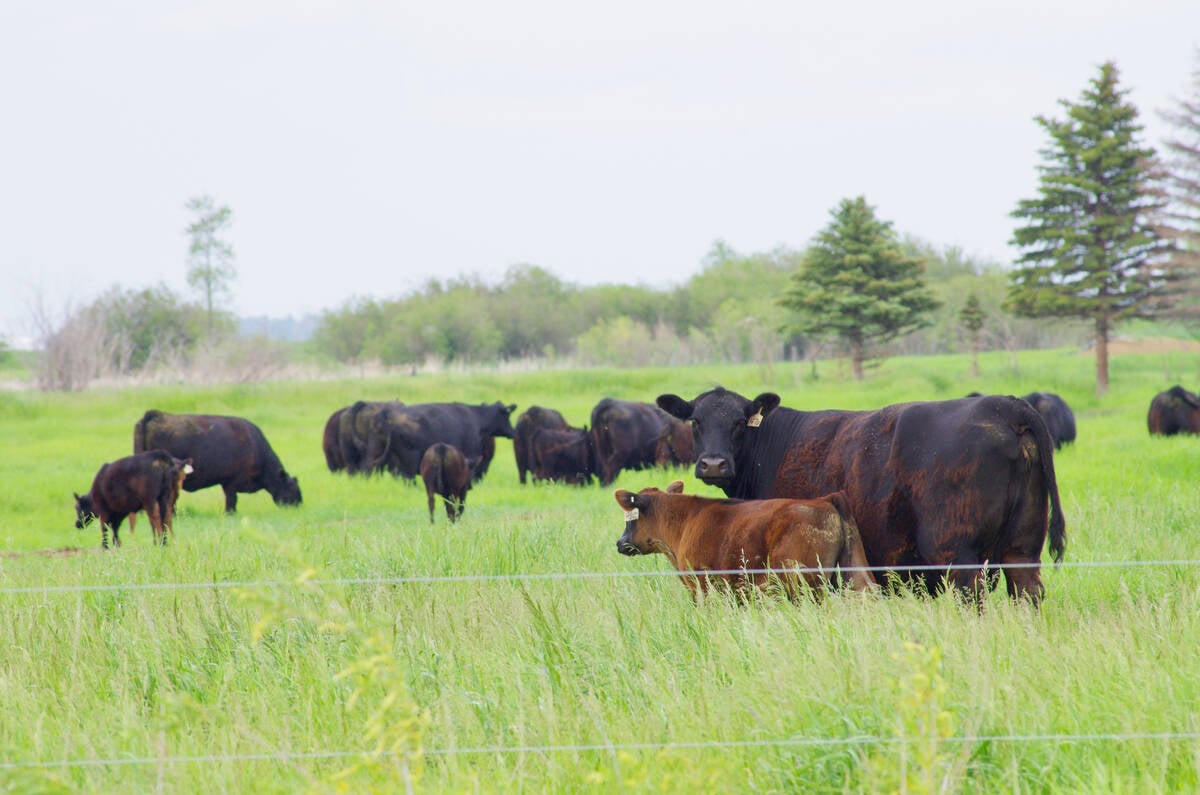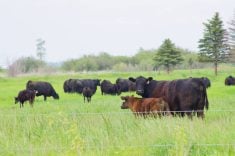To test or not to test all cattle for BSE remains a question even as more countries accept Canadian beef without a testing requirement.
Alberta Beef Producers defeated a resolution at its recent annual meeting on Dec. 5-7 that would have supported private companies that test in order to gain improved access to some markets.
“We are so close to getting the market open using the strategy of age verification and continuing the message of science-driven decisions, it is not the time to go down this road anymore,” said Ryan Kasko of Coaldale, Alta.
Read Also

Tick research from the University of Manitoba focuses on insects and testing
Manitoba researchers are looking into the effects of tick and fly disease in cattle.
Earlier in the year the Canadian Cattlemen’s Association asked its foreign trade committee to assess the controversial proposal. The paper concluded there is no advantage in 100 percent testing and it would have no long-term benefits.
Part of the argument for wider testing is it could differentiate Canada’s position from the United States and gain earlier access to some markets.
“However, no government has said it would accept Canadian beef from tested cattle,” the paper said.
The World Organization for Animal Health is reviewing testing standards to obtain a statistically relevant assessment of disease prevalence if more cattle older than four years were tested rather than those younger than 30 months.
“Canada’s greater advantage rests with its cattle identification program and age verification initiative,” the CCA paper said.
As well, universal testing would prompt other countries to follow suit, which would negate any advantages. There is also a concern the United States could delay its second rule to allow cattle older than 30 months from Canada.
Also, the CCA paper concluded that testing all cattle would be costly. It would not be justifiable to do just for the export market without offering the same BSE free product to the domestic consumer, it said.
Last year Canada tested 23,550 samples and to date this year has tested 51,370.

















